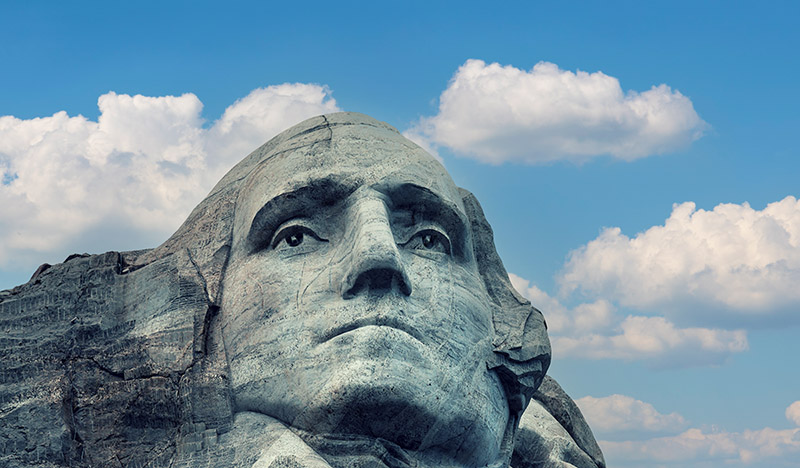What Can George Washington Teach Us About Estate Planning?
Washington was arguably the most universally beloved and revered US president. Volumes have been written about this man and what he accomplished during his life. One significant achievement that few people know about is the care Washington took to ensure that his final affairs were in order and that those who relied on him were cared for to the best of his ability.
Washington’s last will and testament, widely available online in its entirety, shows that he thought carefully about his final affairs and about those who depended on him; he also remembered many individuals by making very thoughtful decisions and gifts of items of personal property or specific bequests.
It is worth mentioning that Washington had a rather nontraditional family situation and had to carefully consider how his estate should be distributed among his loved ones. At age twenty-six, Washington married a widow, Martha Custis, who had two children of her own from her previous marriage, whom they raised together. After his stepson, John Custis, died during the war from an infection, Martha and George Washington raised John’s two youngest children as their own. As a result of his blended family, Washington carefully crafted the language of his will to provide very specific bequests to each of his surviving family members to ensure that they were well cared for long after he was gone.
Washington provides an excellent example in the level of thought and care with which he crafted his estate planning. Even if we do not have the wealth that Washington died with, we can still be very deliberate and thoughtful when it comes to how much, and to whom, we leave our wealth and meaningful items of personal property. By spending sufficient time and effort to think about and memorialize how we want to leave our possessions to our loved ones, we can leave a real legacy that has the potential to benefit generations.


